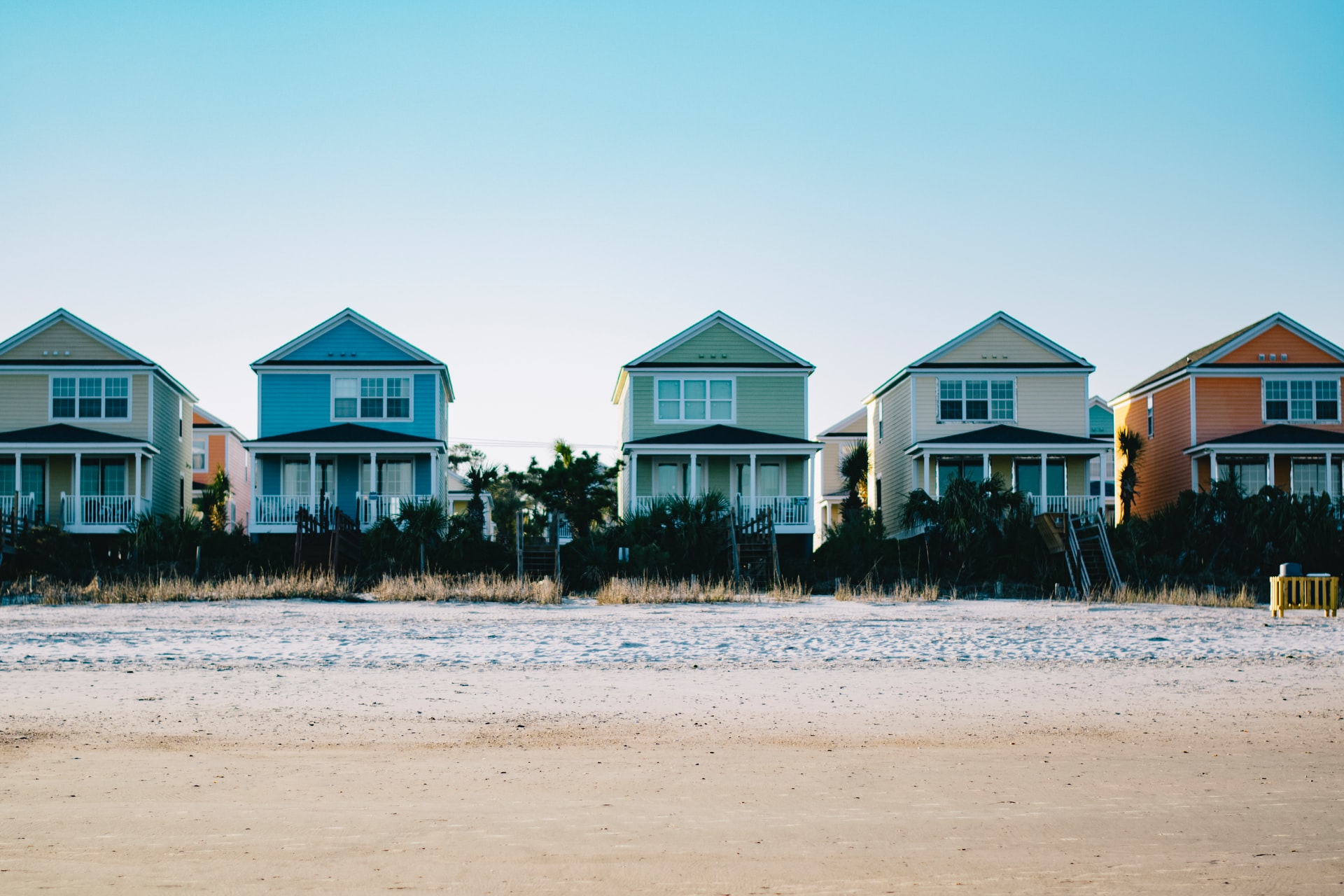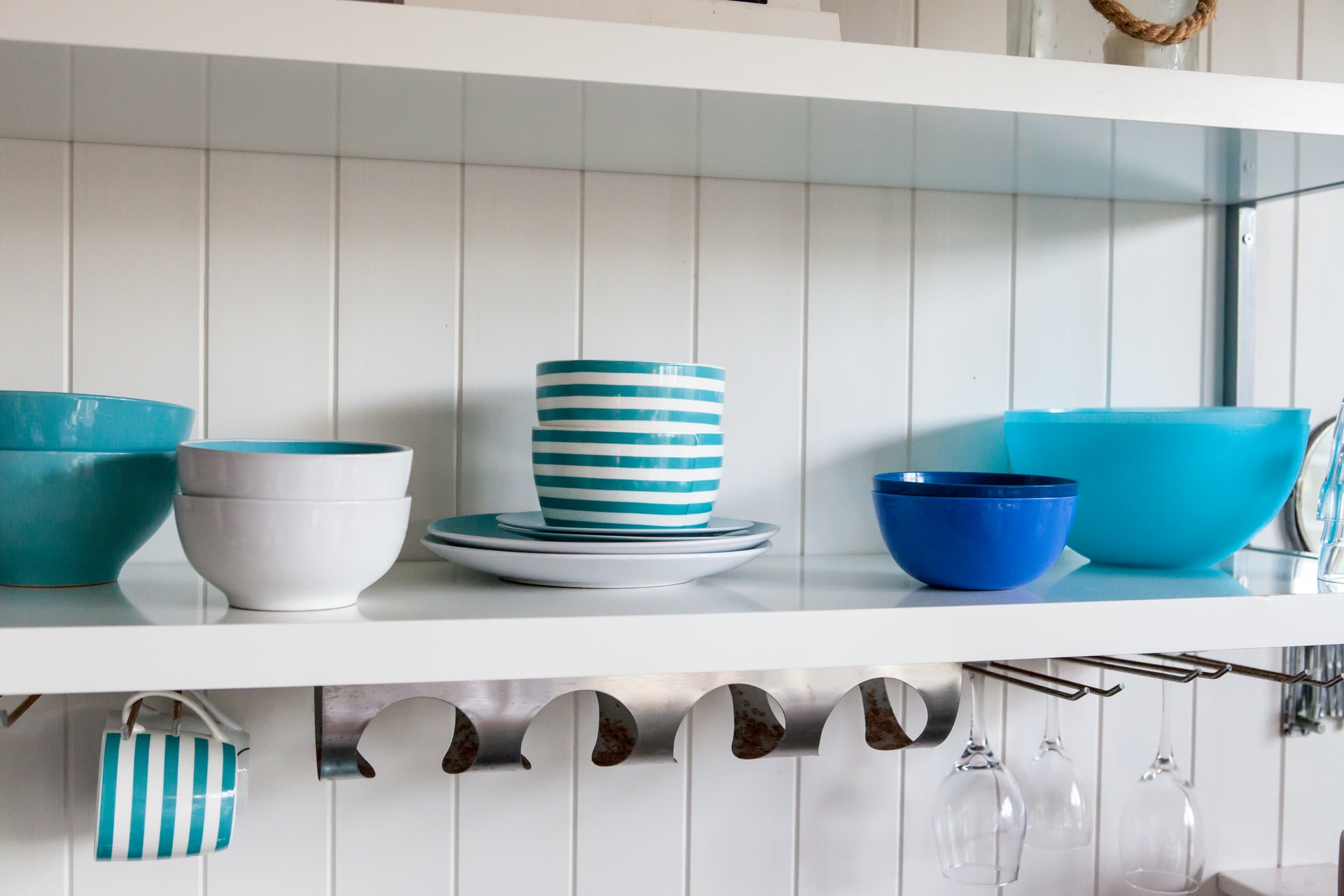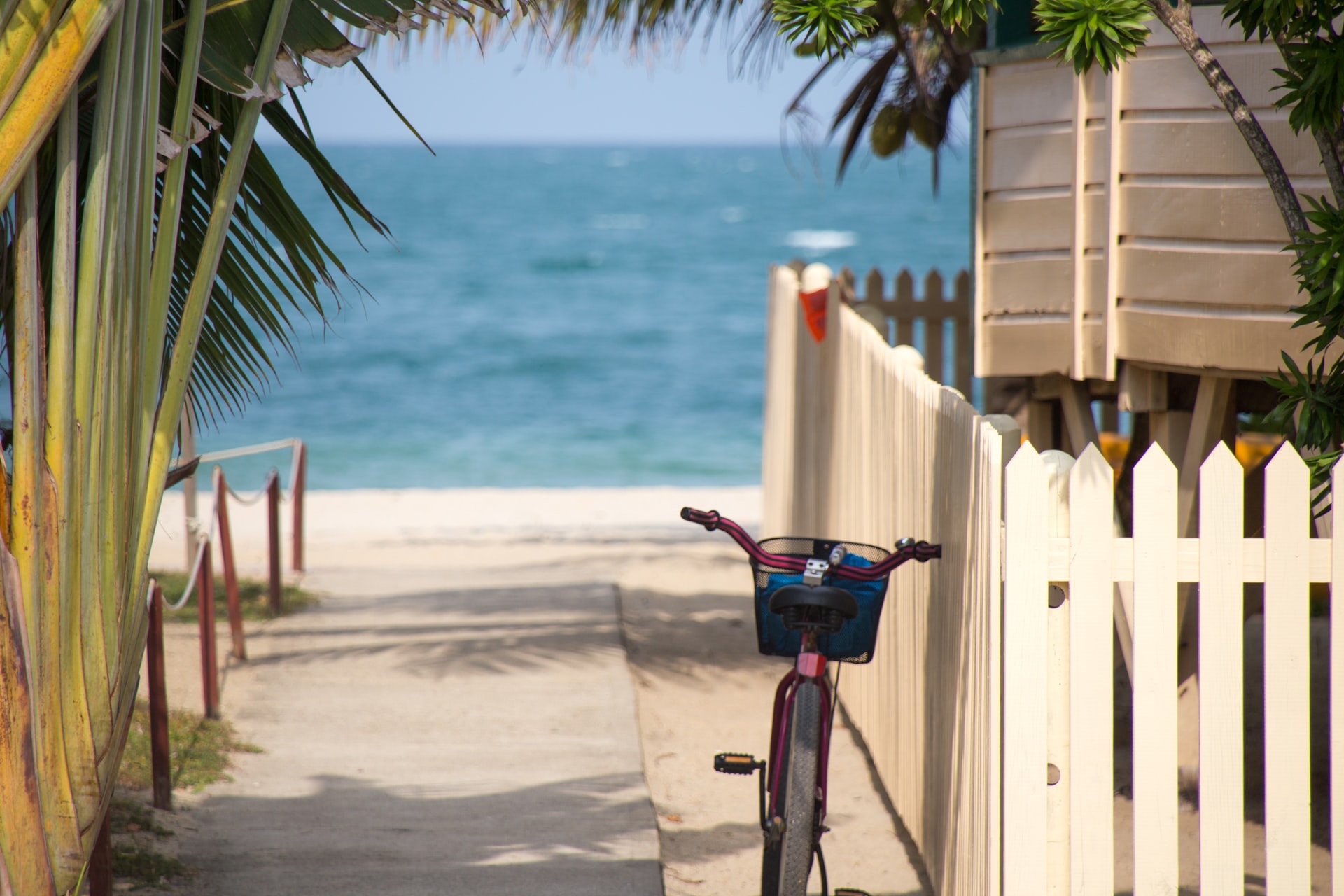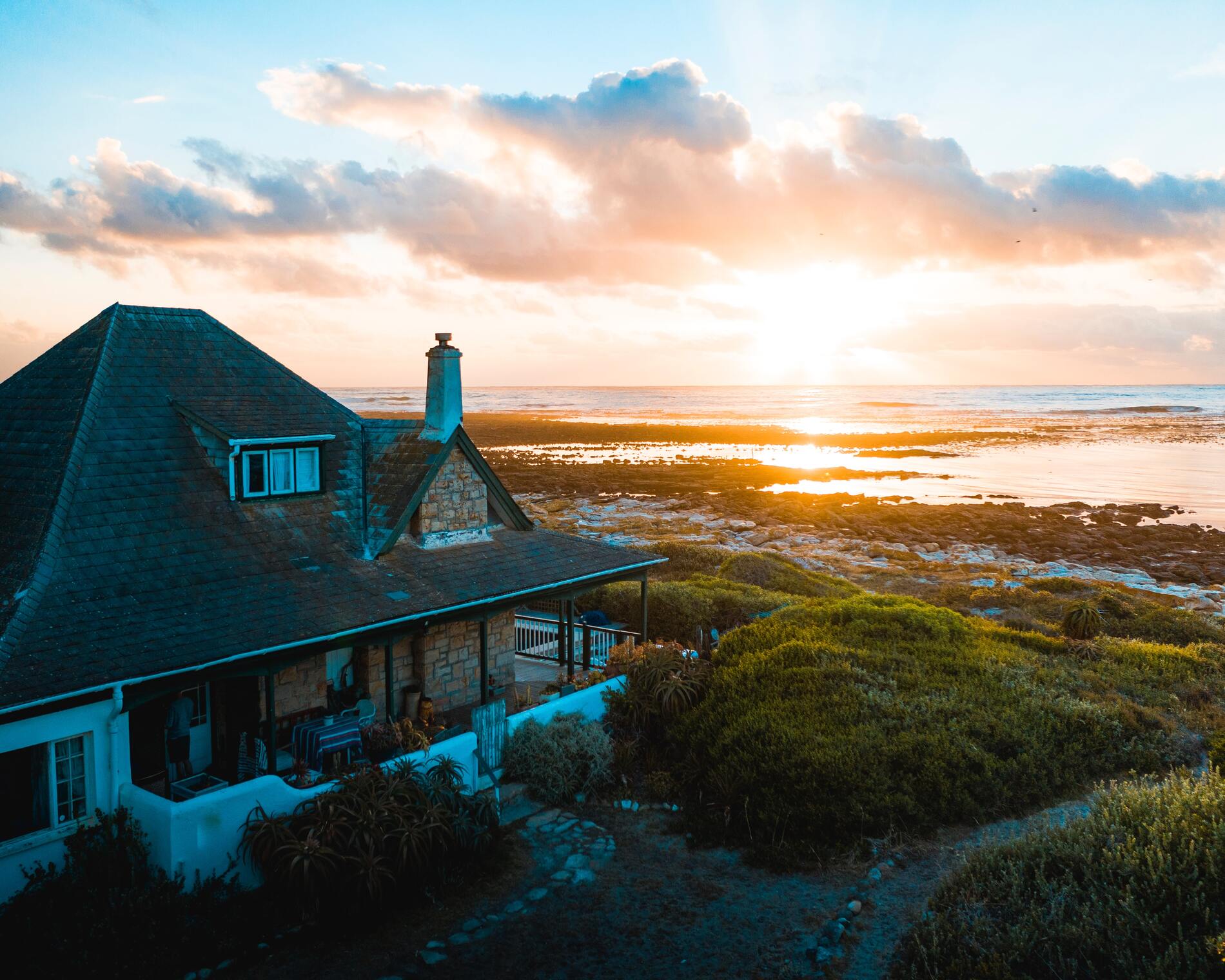Suppose your ideal vacations involve a tremendous amount of sun, sand, and waves. In that case, you might be contemplating renting a beach house or purchasing one, especially if you have a favorite waterfront vacation spot. Owning a beach house allows you to simplify your getaways; you don’t have to live out of your suitcase in hotel rooms or contend with pricey room rentals during peak vacation times.
Having a vacation house means you always have a spectacular vacation destination or a place you can drive or fly to for long weekends. Beach house owners can decorate these spaces to reflect their lifestyles and preferences. Some people purchase them to ease into retirement, spending parts of the year in two different locations. Others love having a second home because they can entertain family, friends, or even colleagues in a pleasant place.
Finally, of course, beach house ownership is a real estate investment, much like any other. While there’s no guarantee that a property will increase in value, many well-maintained homes on the water tend to hold their value or go up in value. Some beach house owners even choose to rent their property for part of the year to earn extra income.
Here, we’ll explore some of the primary considerations associated with buying and maintaining a beach house. Use this guide to transform your vacation home into your waterfront dream house.
Table of contents
- Things to consider before buying a beach house
- Make it yours
- Tips for maintaining your home exterior and interior
Things to Consider Before Buying a Beach House

Buying any piece of real estate is fraught with many concerns. Here are a few to consider when purchasing your second house.
Cost / budget
One of the first things to consider before purchasing a second house is the money side of home purchase and ownership. There is the expense of the house, its outright cost or monthly mortgage, and all the maintenance expenses associated with operating a household, including utility bills, landscaping fees, and maintenance and repairs costs. Before beginning your search, it can be helpful to set a budget so that you know how much you want to comfortably spend on your beach house mortgage and associated expenses each month.
Location
Although you may already have an ideal beach in mind where you’d like to live, you might also want to consider other beach locations. These may have more amenities such as convenient beach access, a lively beach scene (or quiet if you prefer), public transportation in the area, nearby restaurants, safety, etc. You’ll want to make sure that you’re going to be comfortable living in this location, so investigate it carefully just as you would your potential home.
Quality of the home
Unless you want to spend your vacation and downtime fixing up your beach house, be sure that you invest in a home that doesn’t need major renovations. Hire a qualified inspector to carefully evaluate any potential home purchase to ensure that all of its systems are up to code, its foundation and roof are sound, and it doesn’t require a large number of repair needs.
Maintenance
Be sure to consider your new property’s maintenance needs and related costs. A house with lots of land may require more exterior upkeep than you’re interested in tackling. Consider the time and costs associated with maintaining the interior space too before you make your purchase.
Size
Beach houses come in a wide range of sizes and styles. As you peruse the real estate market for your desired location, you’ll find modest beach cottages, cozy villas, and luxurious beach mansions. Take care to consider how much space you need when house hunting. Make sure each room is an adequate size for your household’s needs.
Make It Yours

Once you buy your beach house, you’ll likely want to make it yours in terms of style and decor. Whether you are decorating to enhance your leisure time at home or create a welcoming environment for guests, you can begin by defining your style. The following considerations will help you refine your style before decorating your beach house.
Colors
There are lots of color schemes you might consider for transforming your vacation house into your dream house. For instance, a marine blue-based color scheme is a classic palette that takes its inspiration from the beach. A color scheme that features pastels is a popular beach house palette that brims with summer charm. If you prefer to keep things neutral, opt for earthy hues of sand, driftwood, and white. Other people prefer to take their design cues from the location itself, playing on the landscape foliage and nearby attractions.
Decoration
It can be decoratively helpful to settle on a theme for putting your style stamp on your home. A theme can help you tie the decor together, which lends polish and individual style to the space. Some decorative themes you might try include:
- Nautical: dark blues, ships’ wheels, anchors, lighthouse lanterns, sailcloth draperies, signal flags, prints of tall ships
- Tropical: tropical plants, vibrant upholstery, prints of tropical scenes
- Sea Inspired: mermaid wall art, shell art, driftwood tables, coral accents, turquoise throw pillows
- Mid-Century Retro: tiki patio/bar, barkcloth curtains, kitschy lamps and wall art, 50s/60s furnishings
- Shabby-Chic Cottage: floral upholstery/accents, painted furniture, upcycled accents, playful vintage pairings
Furniture
As a vacation house, your second home should be perfect for relaxing and reducing stress. Your furniture selections can go a long way to creating a comfortable environment. Consider furnishings for your beach home that include:
- Sectional sofa
- Reclining sofa
- Chaise lounge
- Plush ottomans
- Wicker Papasan chairs with cozy cushioning
- Sleeper sofas (if you plan to entertain overnight guests like grandchildren)
The furnishings you choose can also complement your decorative theme and color schemes. Also, don’t neglect your outdoor space. You may want to invest in a comfortable patio set, outdoor rocking chairs, or hammocks.
Dining space
One of the benefits of vacationing in your own beach house is that you can cook and dine at home. If you intend to entertain, an open dining room complete with a bar is the perfect place to mingle and relax with friends or family around grilled foods and local produce. Be sure to shop for a dining set that can accommodate your intended guests. For large groups, you can even add outdoor bistro sets to provide additional dining space.
Window treatments
If you have glorious beach views, you may not wish to cover them up with bulky window treatments. Depending on your privacy requirements, you might not want to cover certain windows at all. Consider which rooms need blinds or shades, and then shop for options that complement your decor. You might consider bamboo shades, wooden shutters, lightweight curtains, or motorized blinds.
Activities / entertaining
While relaxation may top your list of the best things to do at your beach house, you may also want to ensure that you have equipment or gear on-site to enjoy the beach, especially if you intend to entertain. Consider these items to promote fun at your beach house:
- Jet skis
- Kayak(s)
- Life vests
- Beach umbrella
- Inflatable loungers
- Outdoor sound system
- Coolers
- Beach chairs
- Beach toys
Guest room(s)
If you plan to host guests at your beach house, you’ll want to create comfortable guest rooms. A comfortable bed, cozy bedding, and dresser are the essentials, but you can add additional decorative touches such as beautiful prints or beach-inspired wall art.
Provisions
When outfitting your beach house, you’ll want to ensure that you have plenty of provisions for your household and guests. Some items you might want to include on your shopping list are:
- Food for the grill
- Fresh fruit and vegetables
- Snacks
- Variety of beverages
- Sunblock/sunscreen
- Beach towels
Electronics / Wifi
No matter how amazing your beach view is, some people will want to chill out with their online games or check their emails once in a while. In fact, you may want to relax in the evening by streaming movies or shows on your smart TV. Don’t forget about outfitting your second home with wifi and all the electronic devices that you rely on.
Air quality
While the sea breeze may be pleasant one day, the weather could be downright sticky the next. You’ll want to ensure optimum air quality for your second home. Consider installing multiple ceiling fans throughout the house and, of course, an air conditioning system. If you intend to spend time during the cold season at your beach house, you’ll need an adequate heating system too.
Tips for maintaining your home exterior and interior

It’s essential to care for your vacation home just as you do your principal residence. Keep in mind that your home’s beach-area location necessitates some maintenance requirements that you shouldn’t ignore. For instance, blustery weather can lead to flooding in many areas. You’ll want to make sure that your house is well-protected from natural disasters like floods and major storms.
Weatherproofing
Take care to waterproof your home and use water-resistant materials on the exterior of your house. For instance, you might opt for a PVC deck instead of wood. The sun can also affect the materials you use outside. Opt for sun-resistant materials whenever you can.
Maintain outdoor furnishings
When shopping for patio furnishings, consider teak wood, which boasts natural water-resistant and sun-resistant properties. Vinyl materials can also stand up exceptionally well to rain and salt. No matter what you choose, be sure you understand its care requirements.
Routine maintenance
Be sure that when you outfit your home with supplies, you have all the maintenance and cleaning items you’ll need to maintain your house. You might want to keep the following things on hand:
- Power washer
- Hose
- Gardening tools and lawnmower (if required)
- Paintbrushes
- Buckets
- Cleaning supplies
Home warranty
Consider a home warranty for your vacation home. It can be a smart investment providing financial protection, convenience, peace of mind, and potentially increasing the home’s value.
- Protects your budget: Can help you manage unexpected repair costs for your home systems and appliances. If a covered item breaks down or stops working properly, you can contact your home warranty company to repair or replace it, reducing the financial burden of unexpected expenses.
- Convenience: A home warranty means you can find a qualified and trustworthy repair professional when something goes wrong. The home warranty company will have a network of pre-screened service providers that they work with, which can save you time and hassle.
- Peace of mind: Knowing that a home warranty protects your beach home can provide peace of mind, especially if you don’t live there full-time. You can relax knowing that if something goes wrong, you have a plan to handle it.
- Increased home value: If you decide to sell your beach home, having a home warranty can be an attractive selling point for potential buyers. It can reassure them that the home has been well-maintained and that they will be protected against unexpected repair costs.
Professional assistance
If you intend to spend long periods away from your beach house or plan to rent it out, you may wish to enlist some contractors to help you maintain and watch over your property when you’re out of town. You can hire a property management company to provide oversight or someone local who can keep tabs on your house when you’re away. You may also want to hire professional landscapers to keep up with outdoor groundskeeping chores.
Use these tips and ideas to transform your new second house into your ideal beach home getaway. In time, you may even find that you want to make it your permanent abode!




